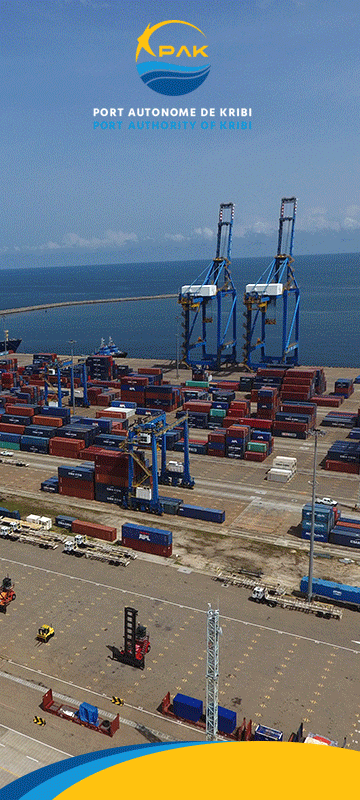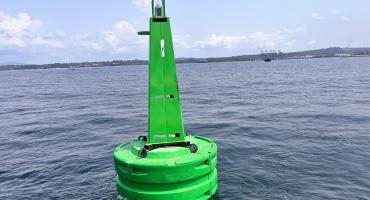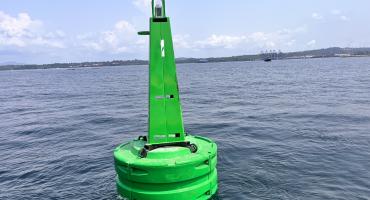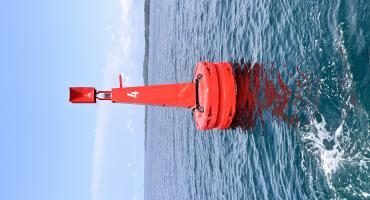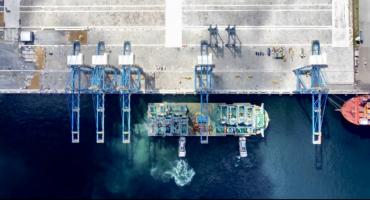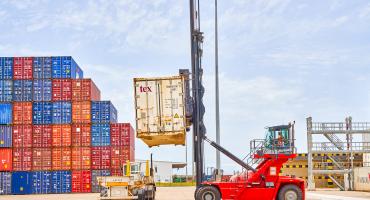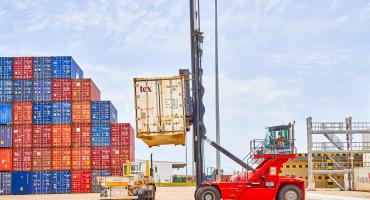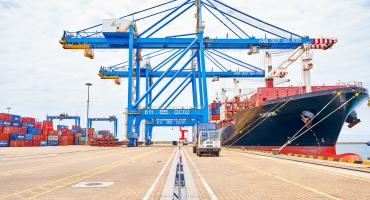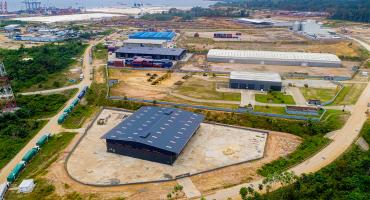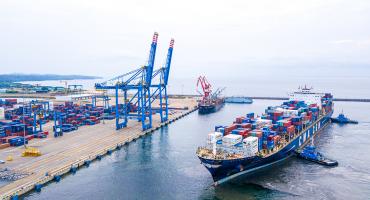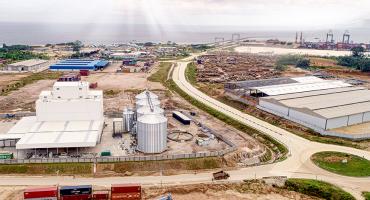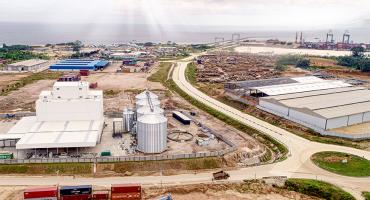One of the challenges of the paperless procedures is to increasingly reduce the time goods take to pass through Cameroonian ports. Over the last few years, Douala has made great strides forward, moving from 20 to 10 days, although in recent times there has been a slight increase in delays. In Kribi, the performance is even better: five days for import and two days for export; which places the latter in the best African performances, on this specific indicator.
Dematerialisation is thus a key factor in the global scheme to facilitate cross-border trade, in which the Port of Kribi is a link in the supply chain of growth sectors. The particularity of such link is to bring together several activities that ensure the passage of goods and the rapid processing of commercial vessels. According to Modeste Ako'o, PAK's Operations Manager, "these stakeholders must interact and exchange with each other and equally act on the process of physical passage which is superimposed on several other flows, including information flows especially". Therefore, he adds, the digitisation of the media accompanying the goods is used to add fluidity and security to these information flows, by means of the increased use of networked computers between several port actors, within a single electronic platform. The role of this platform is to reduce user access points to integrated customs clearance and administrative procedures. The same applies to the payment of customs duties and taxes and services provided by members of the entire port community.
According to the president of the Group of CAR Importers, it is important to remember that «digitisation is not the ultimate goal. It must be part of a global approach that consists in streamlining all procedures that are redundant or without added value, which at this very moment heavily penalize the overall competitiveness of Cameroon's corridors in Chad and the Central African Republic". This is why, according to Gabriel Manimben, General Manager of the Maritime Services Agency, "we must clearly encourage all public or private stakeholders to structure themselves and train their staff on a massive scale". This explains the commitment that the Kribi Port authorities are making to assume this leadership for operational excellence and the fluidity of port passage.

